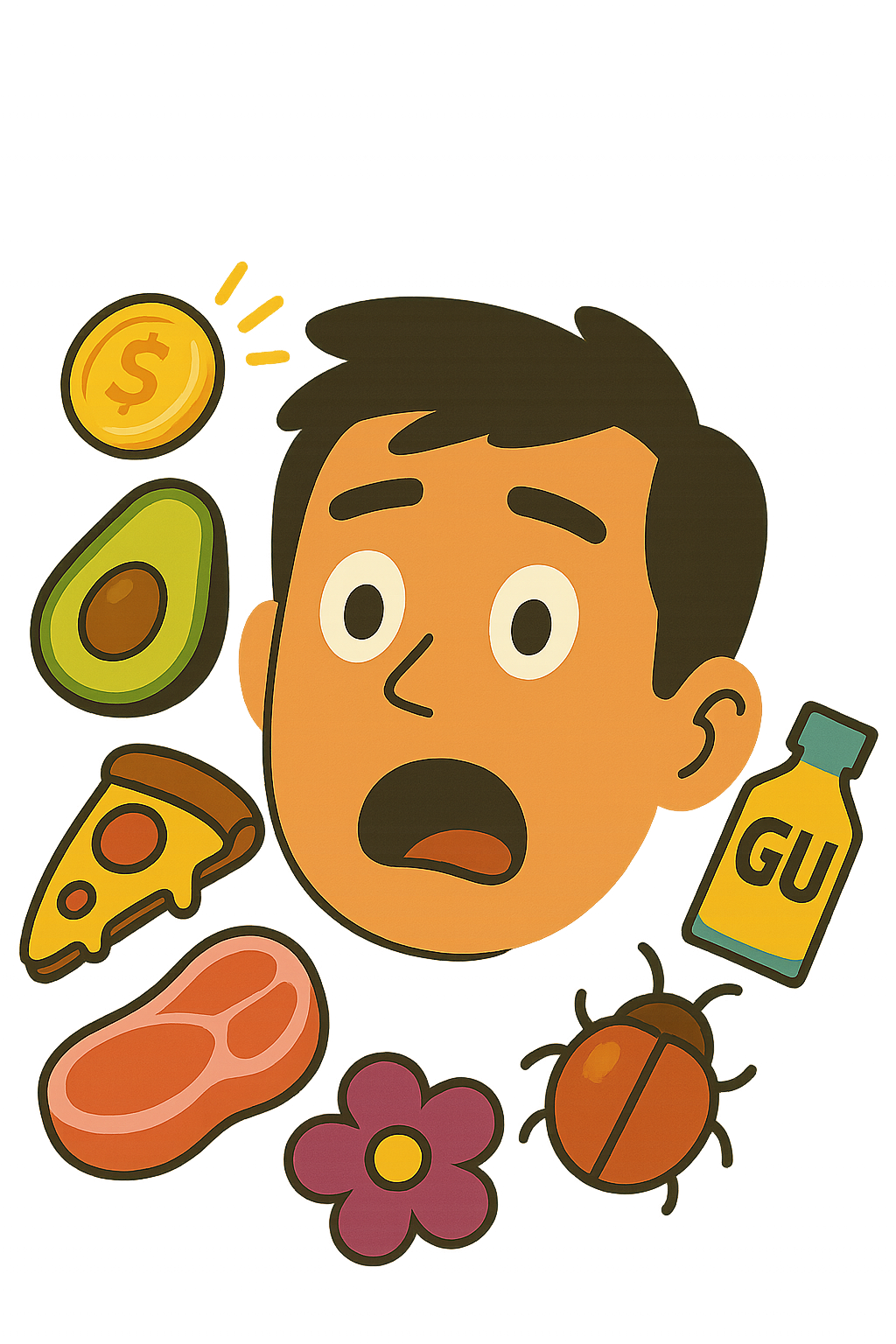Can I eat nightshade fruits?
Quick Answer
Yes, but with caution.
While some nightshade fruits like tomatoes, eggplants, and bell peppers are commonly consumed and safe for most people, others like belladonna or deadly nightshade are highly toxic and should not be consumed. Always ensure you know what type of nightshade fruit you are consuming.

What Is It?
Nightshade fruits refer to the fruits produced by plants in the Solanaceae family. This includes common edibles like tomatoes, eggplants, and bell peppers, as well as toxic varieties like belladonna.
Historical Context
Nightshade plants have been used throughout history for various purposes. Edible varieties have been cultivated for food, while toxic varieties have been used for medicinal and even poisonous purposes.
Why It Can Be Risky
While many nightshade fruits are safe to eat, some people may have sensitivities or allergies to these fruits. Additionally, certain types of nightshade plants produce toxic fruits.
- Allergic reactions: Some people may experience allergic reactions to nightshade fruits.
- Toxicity: Certain nightshade fruits, like those from the belladonna plant, are highly toxic and can cause symptoms like hallucinations, dilated pupils, sensitivity to light, blurred vision, tachycardia, loss of balance, staggering, headache, rash, flushing, severely dry mouth and throat, slurred speech, urinary retention, constipation, confusion, hallucinations, delirium, and convulsions.
Safe Method?
Always ensure you know what type of nightshade fruit you are consuming. Commonly consumed nightshade fruits like tomatoes, eggplants, and bell peppers are generally safe to eat. However, avoid eating nightshade fruits from unknown or wild plants, as these could be toxic.
Safe Alternatives
If you have a sensitivity or allergy to nightshade fruits, consider alternatives like squash, sweet potatoes, cauliflower, or mushrooms.
Storage Tips
Store nightshade fruits in a cool, dry place. Some nightshade fruits like tomatoes are best stored at room temperature, while others like bell peppers can be refrigerated.
Preparation Tips
Wash nightshade fruits thoroughly before eating or cooking. Some people prefer to remove the skin and seeds of these fruits, as these parts can contain higher levels of solanine, a compound that can cause sensitivity in some individuals.